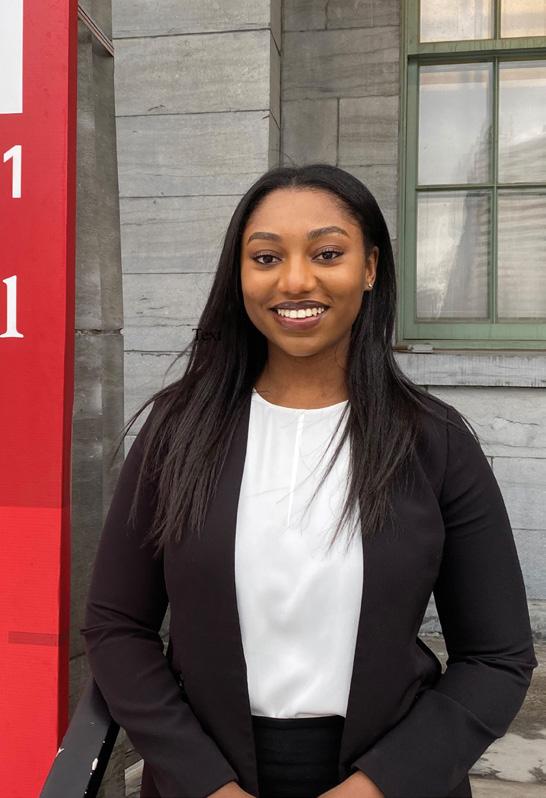
10 minute read
Executive Midterm Reviews
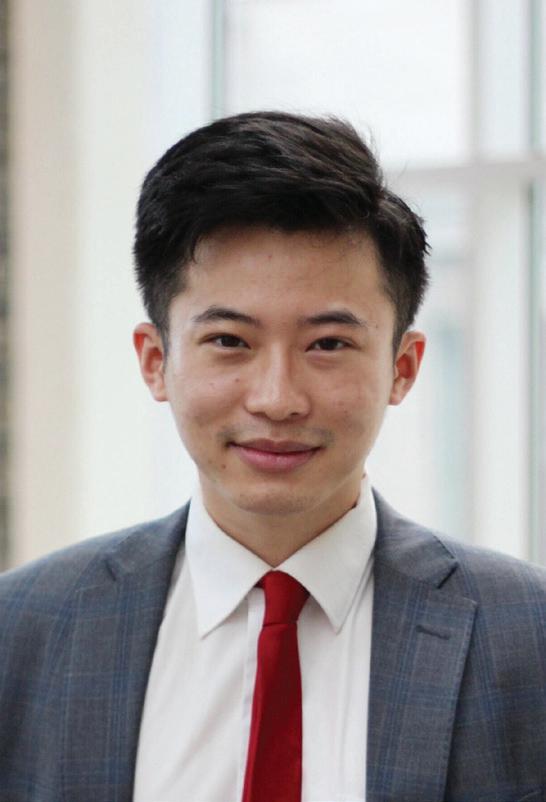
President
Advertisement
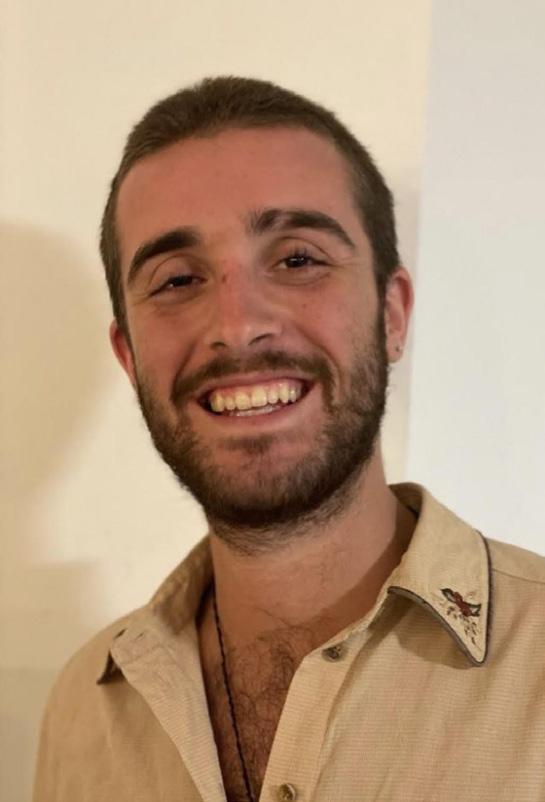
Risann Wright (she/ her)
Risann Wright campaigned on a platform of facilitating policy-driven and equity-focused institutional change at SSMU. Over the summer and Fall 2022, Wright has been actively fulfilling these objectives. She created an Equity, Diversity and Inclusion (EDI) working group to develop an EDI plan that promotes equity across all areas of SSMU. Her portfolio is also drafting an inter-faculty relations policy and creating a social responsibility strategy in line with the United Nations’ Sustainable Development Goals. To fulfill her other campaign promise of ensuring more direct support for students, Wright launched the SSMU Pilot Grocery Program to aid those facing food insecurity due to financial constraints and inflation. Wright’s initiatives represent an impressive commitment to supporting students, but going forward, she should be more communicative about her portfolio with both the broader student body and campus media.
VP Finance
Marco Pizarro (he/ him)
Marco Pizarro has been a welcome presence at SSMU governance meetings and around SSMU’s executive offices. As a francophone, Pizarro has served as an unofficial translator for other executives at governance meetings, ultimately amplifying the voices of francophone students. Beyond this, Pizarro has managed to fulfill several of the tasks in the VP Finance’s mandate. For example, Pizarro and the finance team have managed to implement a trial run of a Legal Protection Plan, streamlined clubs’ access to their finances, and adapted to the post-pandemic revival of student life. He has also focused on decentralizing the power SSMU holds, including his own. Pizarro has been navigating his role without the support of a General Manager, who is responsible for SSMU’s business and corporate obligations, along with the Society’s accounting. Though increased transparency would be appreciated in the form of additional emails or widely accessible finance reports, Pizarro has performed well in his role.
Kerry Yang (he/ him)
VP University Affairs
Kerry Yang’s priorities this semester included the expansion of the Menstrual Health Project and academic wellness projects. The Menstrual Health Project, which distributes period products free of charge and is funded by an SSMU fee, now has more locations on campus, offers disposable and reusable products, and has hosted two giveaways this semester. In addition, Yang successfully advocated for a revised exam deferral policy that prioritizes public health: Students who contract COVID-19 no longer need a medical note to defer their exams, even if it is not their first time deferring. Other academic wellness initiatives he is working on for next semester include note-sharing services, for-credit health and wellness courses, and more Open Educational Resources, such as syllabus repositories. In terms of equity and accountability, he is working on reforming the Involvement Restriction Policy (IRP), which processes and acts on complaints of discrimination and violence, and tightening SSMU’s Gender and Sexual Violence Policy. Overall, Yang has had a successful term. Going forward, he should continue advocating for accessibility on campus, ensuring the sustainability of his academic wellness initiatives, and pushing for the administration to decentralize harassment and discrimination complaint procedures.
MIDTERM SSMU
REVIEWS
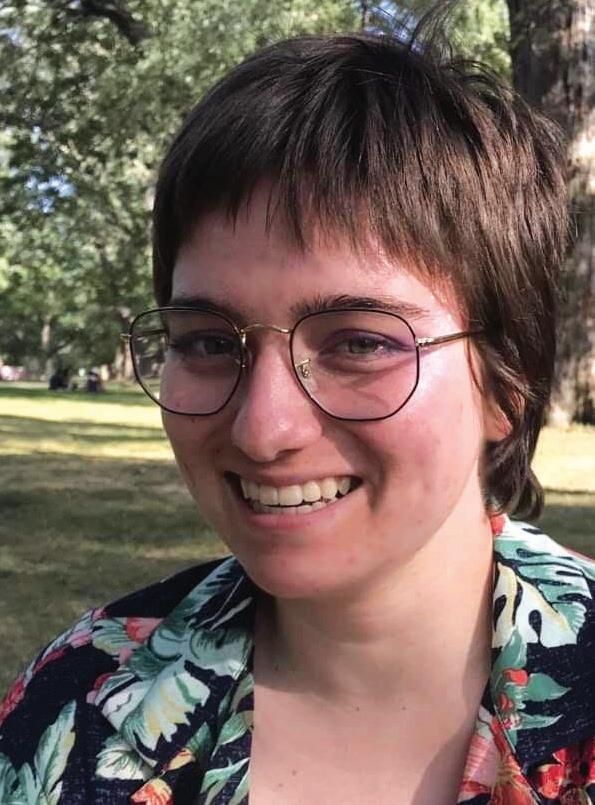
Hassanatou Koulibaly (she/
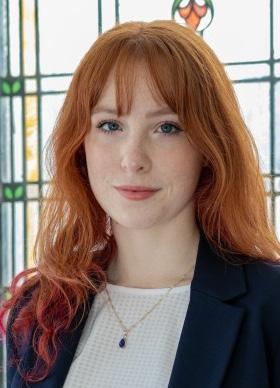
VP Student Life
Hassanatou Koulibaly has been very busy since becoming VP Student Life. Not only did she organize the first fully in-person Activities Night since the beginning of the COVID-19 pandemic, but she has also instituted honorariums for students who sit on SSMU’s mental health committees, soft-launched myWellness—a platform powered by Compass that lists mental health resources on and off campus—hosted a mental health awareness week, and more. Koulibaly has also tried to make herself more available to students by hosting coffee hours every other Thursday, and by making time for appointments most days, rather than during specific office hours. For the coming semester, Koulibaly is working on launching Gerts Cultural Nights—these evenings will focus on diversifying the crowd that attends Gerts Bar and Café. Overall, Koulibaly has fulfilled most, if not all, of the VP Student Life mandate and is on track to continue doing so next semester.
VP External
Val Masny (they/ them)
Val Masny, whose office represents SSMU outside of McGill, focused their campaign on accessibility and stressed their goal of supporting mutual aid projects in Milton Parc and engaging more with the student body to prioritize transparency. This year, they organized the “Building an Activist Community” workshop and ran a housing rights workshop. Overall, Masny has been very active in fulfilling their office’s mandate. However, it is difficult to measure their portfolio’s progress since they did not respond to an interview request. Transparency should be a priority for the VP External, and going forward, Masny should be more accessible to students seeking to learn about their work.
VP Internal
Cat Williams (she/they)
Cat Williams’ main priority throughout her campaign was increasing student involvement in campus life and SSMU events. In line with this goal, they organized an SSMU Halloween party that saw over 800 students flock to the University Centre. Williams also helped run an alternative non-alcoholic event during Frosh to ensure greater accessibility for non-drinkers. With a focus on accessible and equitable event planning, Williams looks forward to the upcoming Faculty Olympics and Graduation Frosh in the Winter semester. Despite these successes, a large part of Williams’ campaign centred around increasing SSMU’s transparency toward the student body, an important objective that has yet to be realized. Going forward, they would benefit from working more closely with their staff to fulfill this promise.

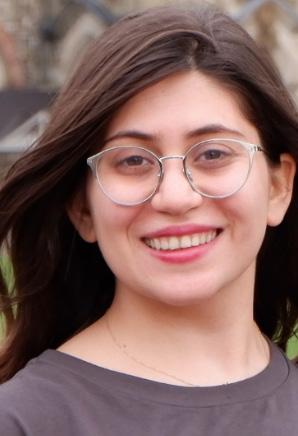
Kristi Kouchakji (she/ her)
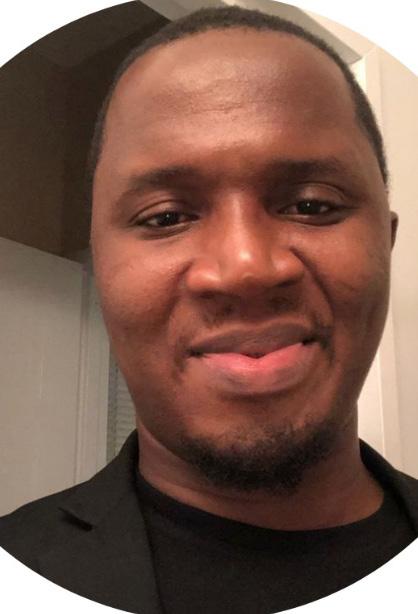
Secretary General
Kristi Kouchakji is currently serving her second term as Secretary General, a position at the helm of PGSS’s operations. She has found this past semester to be uniquely challenging, with learning to navigate newly-hybrid governance meetings and an abundance of responsibilities, including serving on the Advisory Committee for the Selection of a New Principal and Vice-Chancellor. Despite this, Kouchakji has submitted several governance amendments to help build a more sustainable governance infrastructure and stronger institutional memory, aims she was vocal about throughout her campaign. She continues to strive for more equitable working conditions for PGSS employees and graduate students alike, who she aptly describes as “systematically overworked and underpaid.” Although PGSS executives are only compensated for 12 hours of work per week, Kouchakji detailed working over 80 hours between Oct. 12 and Nov. 12 in a November 2022 report. In the new year, the Tribune hopes that she succeeds in striking a better balance and delegating responsibilities to make the role more manageable. Onyeka Dike (he/ him)
External Affairs Officer
As External Affairs Officer, Onyeka Dike is tasked with representing and advancing the collective interests of McGill’s graduate community both provincially and nationally. Dike’s two-fold priority coming into the role was to strengthen existing connections between PGSS and student associations at McGill and beyond while also fostering new relationships. Dike has taken steps to enhance PGSS’s relationship with SSMU and the Association of Graduate Students Employed at McGill (AGSEM), as demonstrated by their Joint Townhall Meeting on Nov. 11. However, it is less clear how Dike has nurtured the creation of new relationships for PGSS. He has met with la Fédération des associations étudiantes du campus de l’Université de Montréal (FAECUM)’s External Affairs Coordinator to discuss possible collaborations, but no partnership has been formally established. Although Dike seems to have succeeded in nurturing existing relationships to advance the interests of McGill’s graduate students, his efforts to create new relationships to the same end may need to be revisited
Faezeh Pazoki (she/ her)
Financial Affairs Officer
In her first semester as Financial Affairs Officer, Faezeh Pazoki’s main goal was to rechannel the unused PGSS fees from the first two years of the COVID-19 pandemic back into the hands of students. After seeing an increase in applications for travel awards and grant programs, Pazoki set out to redirect the funds by bringing a motion to the Council to use the balance paid by students from 2020-22 to increase the 2022-23 grant program budget by $25,000 and subsidize travel awards. Pazoki drafted a comprehensive budget guide for all PGSS members detailing what each fee is used for and who is responsible for each of the budget’s items. Going forward, Pazoki hopes to transfer funds that are not currently in use to the PGSS Needs Based Bursary, and has pushed PGSS to participate in the McGill Crowdfunding platform to further finance the Bursary. As Chair of the Committee of Monetary Affairs, Pazoki is working to recruit more committee members to help manage the workload of in-person events. Pazoki is also collaborating with PGSS’s Environment Commissioner to make free sustainable menstrual products available to PGSS members. Overall, Pazoki has tackled important projects that place students at the fore and increase aid and transparency.
MIDTERM PGSS
REVIEWS
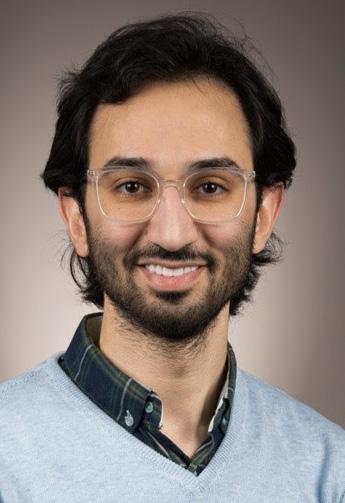

Adel Ahmadihosseini (he/ him)
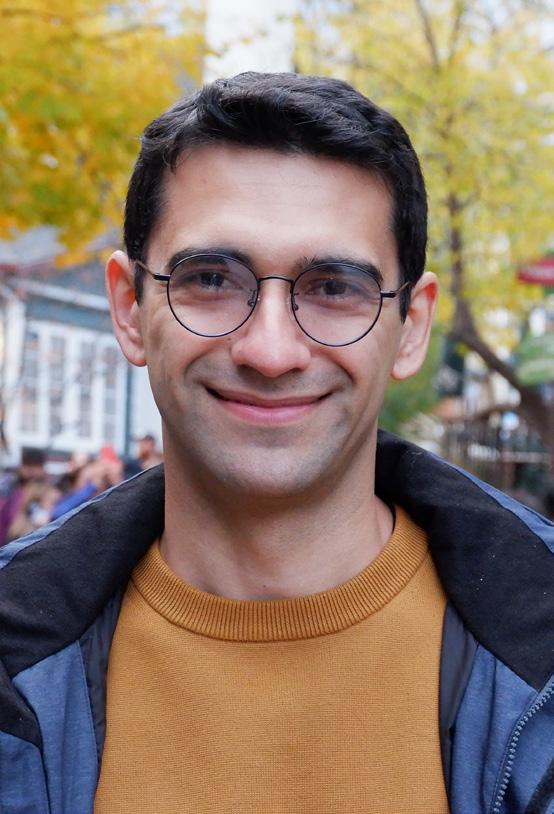
Internal Affairs Officer
As Internal Affairs Officer, Adel Ahmadihosseini is responsible for organizing events for PGSS members throughout the year, including the fall and winter Graduate Student Orientations. In his second year of serving in this position, he has organized many social and informative events at Thomson House, such as group hikes and legal protection information sessions. He continues to ease the transition to fully in-person events and promotes accessibility by providing online options whenever possible. Ahmadihosseini could improve in hosting a greater variety of events which address other barriers that graduate students face, such as events to alleviate mental health and stress. Currently, Ahmadihosseini is planning orientation and seasonal bonding events such as ice skating, tubing, and skiing for the coming semester. Naga Thovinakere (she/ her)
Member Services Officer
As PGSS Member Services Officer, Thovinakere is responsible for the proper implementation of several student services, such as Keep.meSafe, Dialogue, and the Legal Protection Program. Thovinakere ensured that these services were functioning well and solicited the feedback of graduate students using them. Another important aspect of her portfolio involves insurance coverage for graduate students and graduate student groups. Thovinakere advocated for student interests in meetings with the Quebec Student Union (QSU) but says that it is challenging to balance meeting students’ health and dental insurance needs while also staying within budget. Her transparency reflects an encouraging commitment to her constituents. Finally, Thovanikere helped introduce the new Trans Healthcare Fund, designed to cover costs incurred by trans graduate students seeking gender-affirming care. Next semester, she plans to expand what the fund can cover based on student needs. Hossein Poorhemati (he/ him)
University Affairs Officer
As the PGSS University Affairs Officer, Hossein Poorhemati has focused his efforts on supporting and improving multiple campus organizations and committees, such as the PGSS Library Improvement Fund (LIF) Committee and the PGSS Funding Working Group (FWG). His work with the LIF centres on setting up platforms for input from students and faculty on how the LIF should be spent as well as working to implement transparency measures about the fund’s usage. His work with FWG focuses on supporting the Working Group and helping to prepare FWG’s survey on graduate students’ financial health for January 2023. In the Winter 2023 semester, Poorhemati plans to continue his work with the Dean of Students to address inequities in graduate student accommodations, advocate for tangible plans for on-campus study space availability, and increase communication with graduate students to provide them with more services. While his support for multiple committees may not have yet yielded tangible progress, Poorhemati’s commitment to transparency and communication with his constituents seems to indicate that his initiatives and advocacy will lead to substantive results for PGSS members moving forward.





